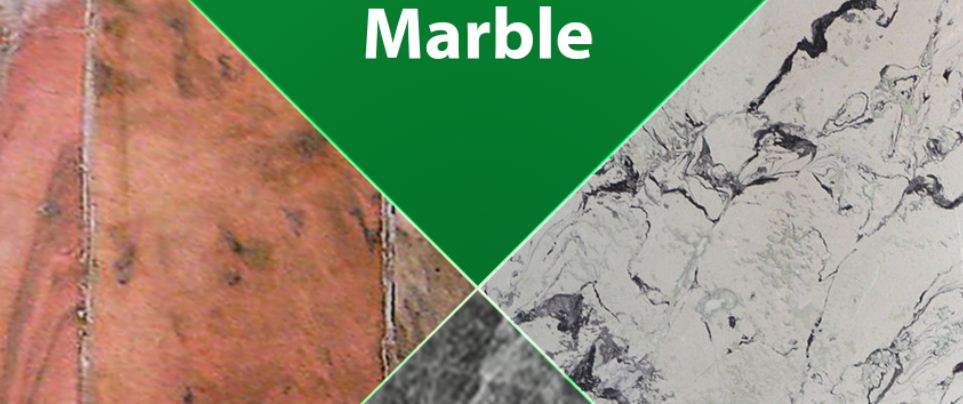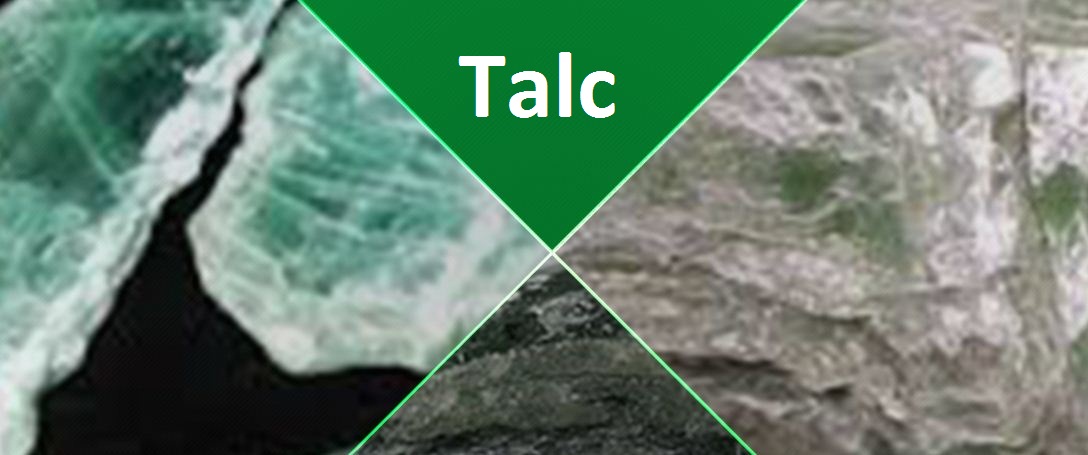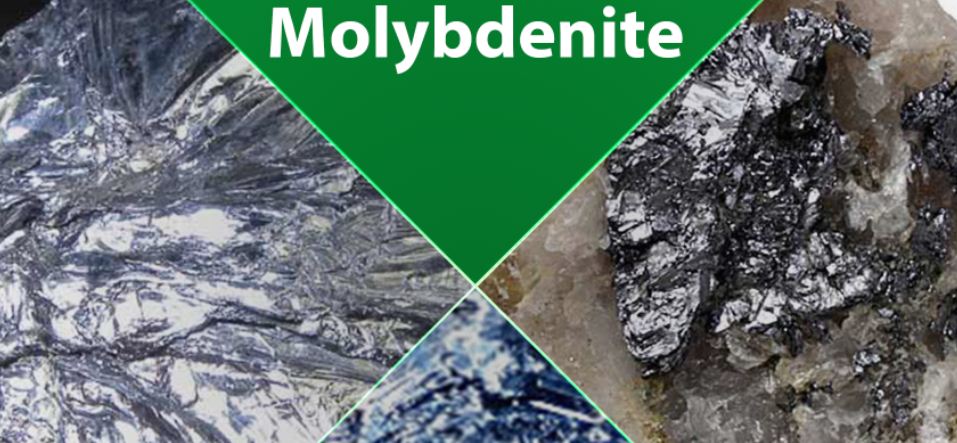Barite Mineral Rich States In Nigeria And Its Uses
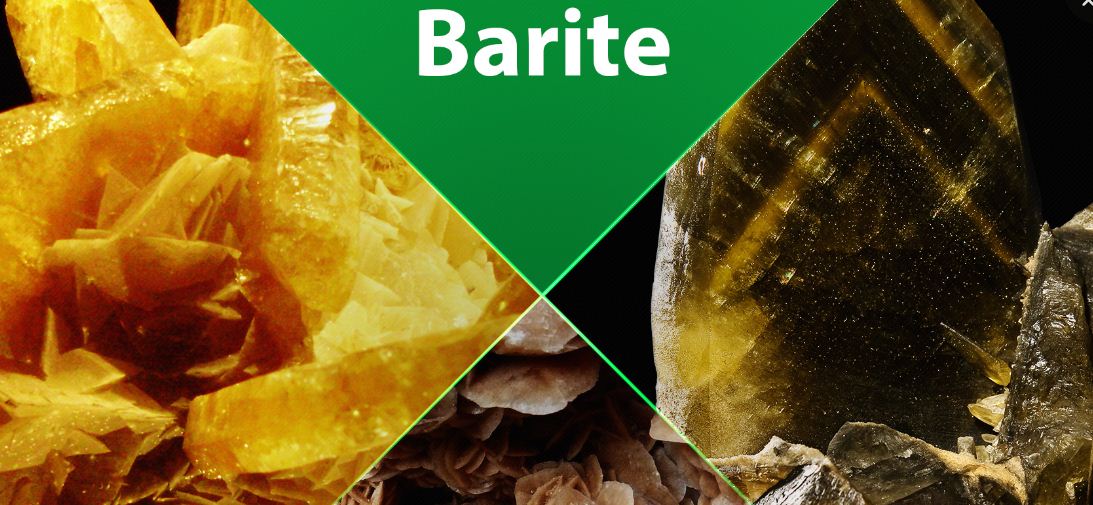
In the area of barite natural mineral resources, Nigeria is one of the African countries that can boast of vast deposits, Cross River State has the highest quality and quantity of barite in Nigeria.
In the state, the mineral can be found in commercial quantities in Obubra, Yala, Biase, Ikom, Yakurr, and Obanliku LGA, other states include Benue and Plateau.
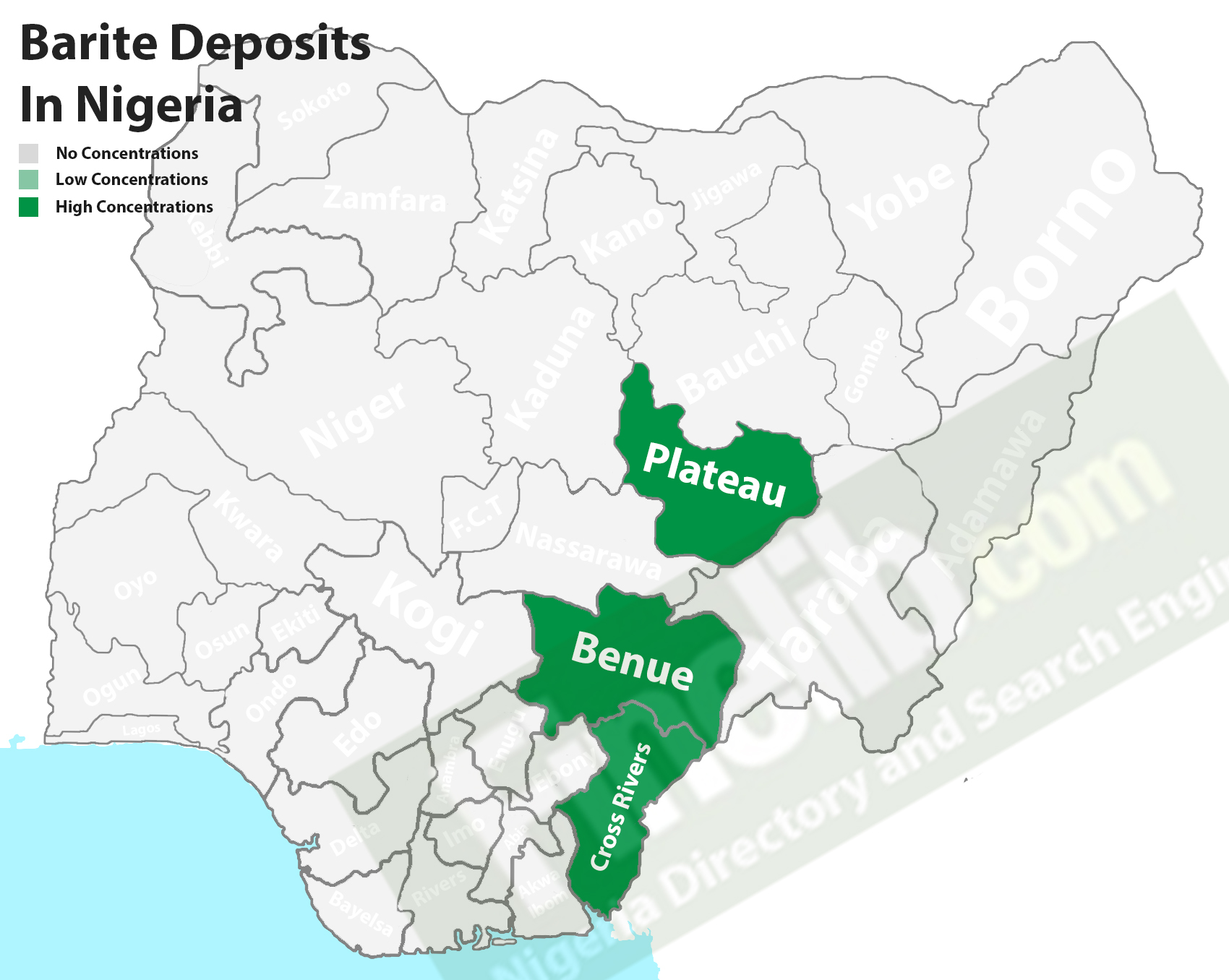
Barite Mining in Nigeria
The numerous mineral resources in Nigeria have provided the nation with a lot of opportunities for both local and foreign investment and lots more, and
Even though many of these mineral resources like barite are been imported from African countries and other regions of the world, and the current mining operation in the country is still not well developed, its exploration has partly contributed to the country's socio-economic development.
Nevertheless, there are still chances for a positive turnaround if only the government will duly put that into consideration as there are large deposits of some natural mineral resources like barite in the country.
In 1959, the estimated value of 41,000 tonnes of baryte reserve was found in Nigeria as the Benue valley deposits.
In addition, the total of 70,000 tonnes was also estimated by the Nigerian Mining Corporation from the Azara deposit, 98km south of Lafia the capital of Nasarawa State.
What's more, in recent times, an account of baryte deposits in Taraba, Benue state, Nasarawa, Plateau, and Cross River state can be from a recent survey and evaluation carried out by the Nigerian Geological Survey Agency.
According to the report, four states among others, viz: Benue, Cross River, Nasarawa, and Taraba were feasibly considered the workable mining areas. The estimated value of barite deposits discovered was about 21,123,913 metric tonnes in total.
In 2010, Nigeria exported natural barium sulphate (barytes) in commercial quantities to Equatorial Guinea.
Barite Mining Machines
Jaw Crusher: In the process of crushing barite during gravity separation, a jaw crusher is a piece of appropriate machinery used.
Floatation Machine: for gravity tailing and for barite with fine particles, a floatation machine is used to perform the functions.
Barite Import/Export Price in Nigeria Market
The prices of barite, natural barium carbonate (witherite) in Nigeria range between ₦1127880.09 - ₦1234379.31 in Nigeria millions (for imports) then for exports, the price range is ₦965633.84 - ₦1431939.47.
Note that the price ranges stated above depends on the packaging sizes and weight.
Some Interesting Facts about Barite
Baryte Composition
Baryte or barite (BaSO4) is a mineral primarily composed of barium sulfate. It has a wide of colours and crystal forms.
Also, it is a common mineral in hydrothermal veins and is found in association with ores of antimony, cobalt, copper, lead, manganese, and silver.
In a few locations, barite is deposited as a sinter at hot springs and is formed in sedimentary rocks and most times occurs as concretions and void-filling crystals like in limestone and dolostone.
The sedimentary rocks after been heavily weathered from large accumulations of barite which is located mostly at the soil-bedrock contact.
It can also be found in sand and sandstone and grow as barite crystallizes within the interstitial spaces between sand grains.
Places Where Baryte Can be Produced
Since the 1980s, a number of barite ore deposits, especially the replacement deposits types have been worked upon in countries like Morocco, Ireland, Slovakia, and the United States
Barite deposits which are commercially significant in quantities are produced in specific locations like Palaeozoic Selwyn Basin in western Canada, Devonian Shale in Germany, Cambrain black shales, Jiangnan in southern China, and Aberfeldy, Scotland, particularly in the Proterozoic meta-sedimentary rocks.
It is also produced from various deposits in places such as the Primorye region of far-eastern Russia, Mesozoic carbonates in a belt that joins Iran and Pakistan, Ballynoe baryte deposit of Silvermines in the Tipperary county of Ireland, etc.
Types of Barytes (Barite) Deposits
There are basically three major types of barite deposits, from which they can be produced in commercial quantities for industrial purposes. They are:
Vein (hydrothermal deposits)
Residual deposits and
Stratiform
Vein Deposits
These deposits are formed by the precipitation of preexisting fractures in hot barium-rich fluids, which become the new mineral materials filling the host rock.
Occasionally, the barium fluids in fissures form irregular replacement deposits caused by liquefying of the rocks that surround the ore deposits.
Vein barite deposits can be either small or large. Small-style deposits are found everywhere around the globe, but a small amount of it is worked on.
Residual deposits
The formation of residual deposits comes as a result of the dissolution of the host rocks, which affects a large part of its constituents, hence become enriched by other elements.
The sizes and shapes of these deposits change quite often, however, can lengthen from one kilometer to another.
Stratiform
Stratiform is regarded as the final class of hydrothermal deposits formed by the action of precipitation of barites in the ocean base of sedimentary basins.
The distribution of the ore minerals in given strata occurs in a manner that seems more like that of the sedimentary rock particles.
Stratiform deposits are now the major source of baryte production in many locations throughout the world.
Discovery of Barite as Barium Sulphate Mineral
Barite originated from barium sulfate discovery, which was first noticed by a seventeenth-century shoemaker, Vincenzo Cascuarolo in Egypt, who had a great interest in alchemy.
The element appeared to him as pebbles in a form that was quite unusual with glowing property, which can last for years on heat exposure.
He then, called the pebble "Bologna stone", with regards to his fatherland, Bologna, Italy.
Further experiment later revealed that the stone was a barium sulphate, (BaSO4), and that was how the existence of barite, like a barium sulphate mineral started to date.
Years after the discovery of the natural barium sulfate mineral, "barite", and its deposits continued to be found in the diversity of geological environments around the world. Its production and trading became widespread as well.
A notable volume of barites production occurred between 1963 and 1993 from the Ballynoe deposits of Ireland. From this specific area, more than five million tonnes of barites (from a vein and replacement deposits) were produced for direct shipping.
In the year 2018, baryte or barite is recorded as the 2352nd most traded product on earth with the trade value totally 765M dollars, also ranked 4449th in the Product Complexity Index, PCI.
Etymology
The mineral's name "baryte" was obtained from an Ancient Greek word βαρÏς, which was translated to the Roman word as barús, meaning 'heavy'.
Currently, the American spelling, "barite" was accepted by the International Mineralogical Association initially to be the authorized spelling.
Members of the Baryte Group
The baryte group comprises the members of anhydrous sulfates which are of paramount importance and can be considered common in most cases.
The members of this group are:
Calcium sulfate (anhydrite)
Lead sulfate (anglesite)
Strontium sulfate (celestine) and
Baryte
Import and Export of Natural Barium Sulphate (barites or barites)
Almost all the countries that produce natural barium sulphate or sulfate, barite, in large quantities supply to others for industrial purposes.
The countries that are majorly known for the exportation of barite mineral commodities with their exported values are:
China ($182M)
India ($180M)
Morocco ($89.2M)
Netherlands ($47.4M), and
Mexico ($41M)
Imports or buyers
Countries buying barite products from major producers, suppliers, and exporters are:
United States
Saudi Arabia
Netherlands
Italy
Germany
Bahamas
Iran
Bermuda
Algeria
Georgia
Angola
Kenya
Mauritius
Rwanda
Tanzania
Equatorial Guinea
But, recently in 2018, Germany, Italy, Netherlands, Saudi Arabia, and the United States were recorded as the top importers of natural barium sulfate (barite).
Price of Natural Barium Sulfate Today
The price of barite per ton in US dollars is $100.00 - $300.00, which may depend on the grade and can change from time to time due to market changes.
Uses of Barite
• Barite is used as a weighting agent in drilling muds.
• It is also used as a pigment in paints, weighted filler for paper, cloth, and rubber.
• Barite is also used in radiology for x-rays of the digestive system.
• It can also be used to replace minerals and organic materials such as wood, shells, and fossils.
Last Words
Baryte deposits that occur in Nigeria are mainly seen are mostly found as vein filling in association with lead-zinc lodes, and in the sedimentary rocks of Benue state (lower and middle valley).
A recent survey carried out on barite deposits in Nigeria revealed 41,000 tonnes of reserve in the Benue state valley. For this reason, the government made a public invitation to both local and international mining companies to share in the opportunity of barytes exploration in Nigeria.

